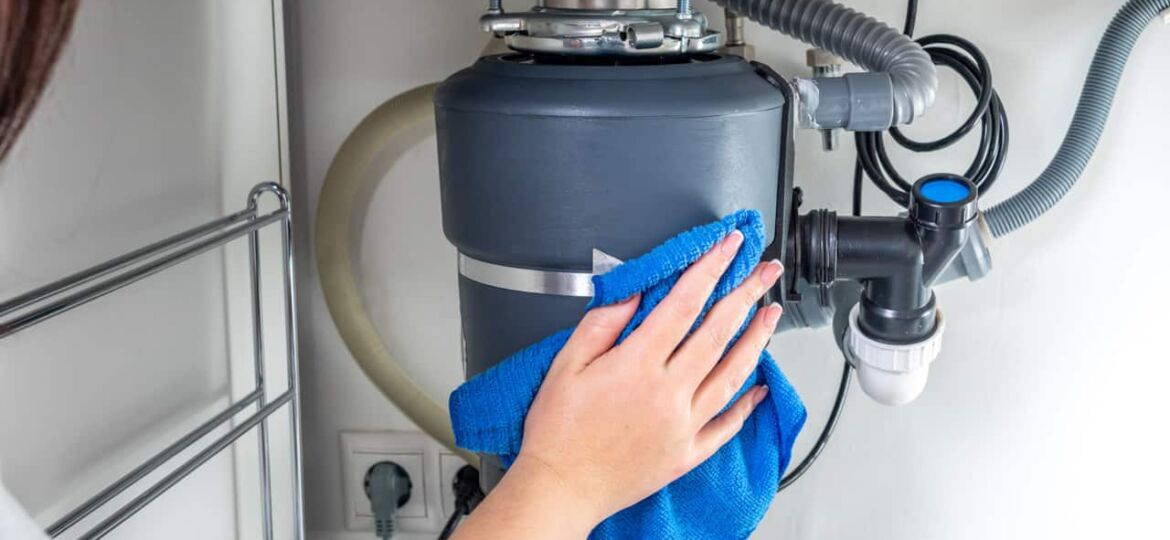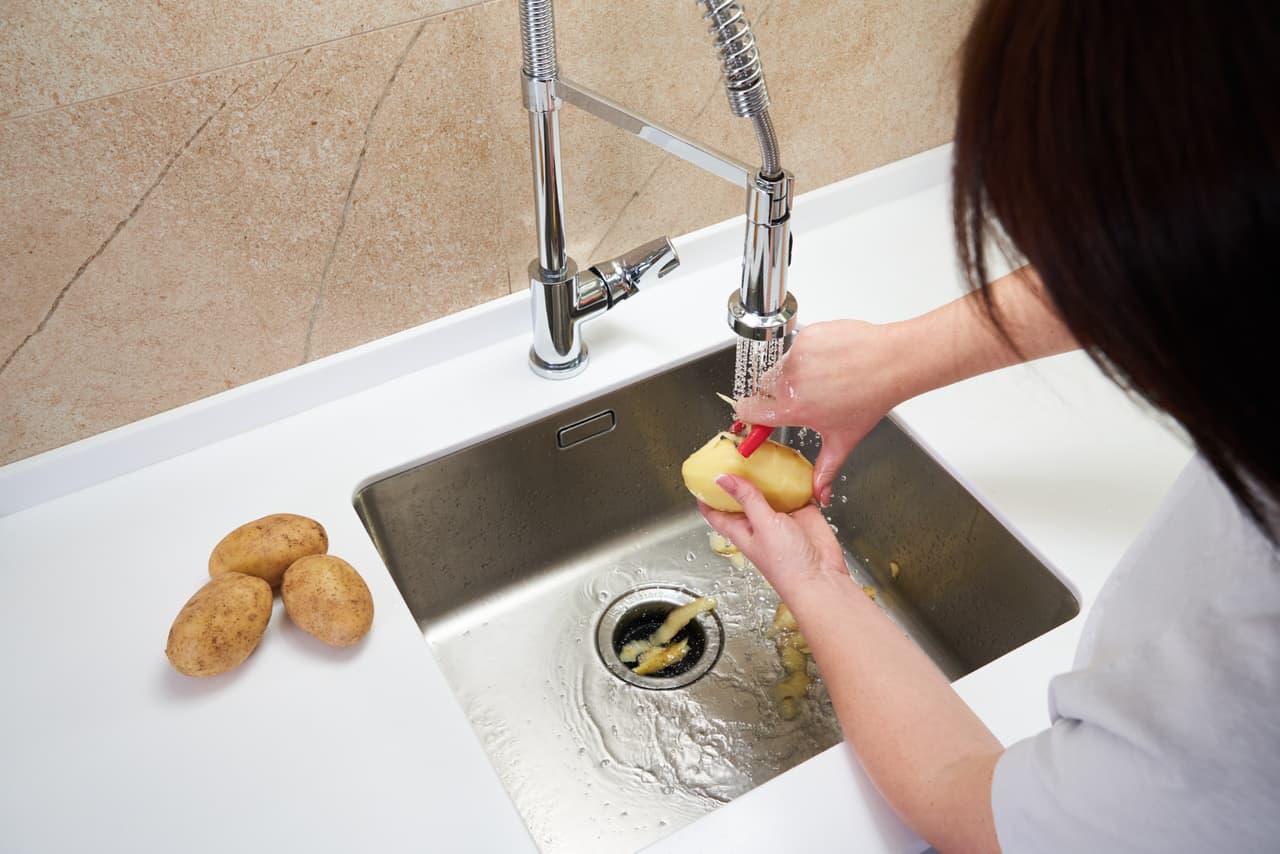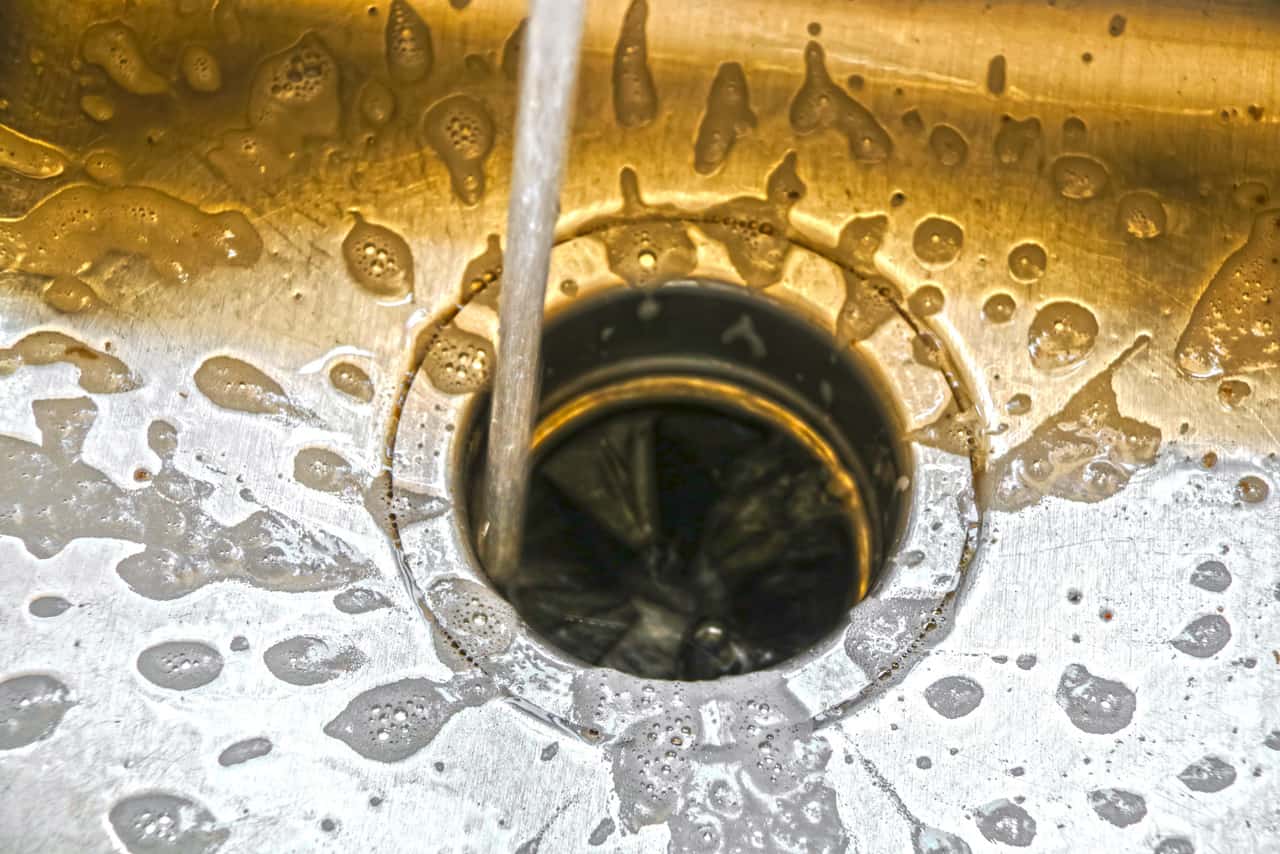
Are you planning on purchasing garbage disposals and wondering whether a unit is suitable for your home? By weighing the pros and cons of garbage disposal units, you can be well-informed and make the best decision.
Pros of Garbage Disposal
Food scraps are very common in most kitchens. From residential to commercial kitchens, these scraps can pile up quickly and create a health hazard. Installing a garbage disposal unit can help reduce the amount of food waste you generate, as well as any associated odors.
Here’s what’s more:
Very Convenient to Have
Garbage disposals can completely change the way you approach your trash can. With most garbage disposals, you can simply scrape dirty dishes straight into the sink without worrying about food debris clogging your pipes or rotting in the bin. It’s a handy tool that makes kitchen cleanup a breeze.
Moreover, if your home is equipped with a septic tank, you’ll be pleased to know that many modern garbage disposals are designed to be septic-safe, preventing the typical issues associated with disposing of food waste. It’s a common unit in many households due to its practicality and effectiveness.
Protects Your Pipes
Another significant advantage of garbage disposal is its ability to flush food particles that would normally end up in trash cans or potentially clog pipes. However, it’s crucial to note that not all kitchen waste is suited for disposal.
Potato peels and other starchy foods can stick to the blades and cause blockages. Seafood shells and banana peels are too hard and fibrous respectively, potentially damaging the unit. Fatty foods can congeal and clog the system.
So, while garbage disposals are highly effective, they must be used wisely to ensure longevity and proper operation.
Reduces the Number of Garbage Bag Trips
A common concern in commercial and residential kitchens is the disposal of uneaten food. Traditional waste disposal methods often result in garbage bags piling up, taking up more space than necessary, and frequent trips to the dumpster. However, garbage disposals, particularly continuous feed and batch feed disposals, offer an efficient solution.
- Continuous feed disposals allow for continuous waste addition while the unit is running, which is great for large amounts of kitchen waste.
- Batch feed garbage disposals or batch feed disposal, on the other hand, only operate when the disposal cover is in place, offering an extra safety measure.
Both types of disposals effectively grind up waste into small particles that are easily washed away down the kitchen sink, resulting in a cleaner kitchen environment and saving valuable space.
Can Help Composting Efforts
Concerned about your carbon footprint? Believe it or not, garbage disposals are a great way to reduce environmental impact. This is because they help break down food waste into small particles more quickly than traditional composting methods.
The resulting pulp can be added to a composter for larger-scale composting efforts. Furthermore, the process helps keep organic waste out of landfills, which generate harmful methane gas.
Cons of Garbage Disposal
After the garbage disposal pros, let’s now talk about some drawbacks.
Clogs and Jams
One of the concerns of many owners with a new garbage disposal unit is clogging and jamming. Clogs occur when food becomes stuck in the disposal’s grinding chamber, which can prevent it from operating correctly.
Jamming is caused by larger pieces of food such as bones or fibrous foods getting stuck between the unit’s blades and shafts, making them unable to move freely. Both situations can require professional repairs or replacements, depending on the severity of the issue.
Requires Careful Use
While garbage disposals offer convenience, they require careful use and maintenance to operate efficiently. A key aspect is always running cold water when using the disposal. Cold water solidifies any grease or oils that could clog the system, allowing the disposal to break them down more easily.
Avoid hot water as it may liquefy fats, causing them to accumulate in the pipes and eventually lead to blockages. Remember, the right practices can extend the life of your disposal and keep it running smoothly.
Need of Regular Maintenance for Optimum Performance
Just like any other kitchen appliance, garbage disposals need regular maintenance to ensure they remain in good condition. That means checking for blockages or any other potential problems with the unit every few weeks and taking appropriate measures when necessary.
It also helps to add a bit of baking soda or vinegar down the disposal every month to keep everything smelling fresh and clean. Cleaning it every now and then is also a good idea for optimum performance.
Expensive to Repair
Most of the time, a clogged or jammed garbage disposal can be fixed with the right tools and DIY skills. But if the issue is more serious, it may require professional repair work. Professional repairs are often expensive and may even require replacement parts, resulting in an additional cost to you.
Is a Garbage Disposal Worth It?
It really boils down to your needs and preferences. If you’re looking for a great way to reduce kitchen waste, eliminate odors, and keep your pipes clean, then the answer is yes. However, if you don’t want the hassle of regular maintenance and repairs, then a garbage disposal may not be worth it.
Regardless of which route you take, it’s always beneficial to do your research and make sure you have all the facts before making a purchase. That way, you can make an informed decision that suits your unique needs.
At the end of the day, garbage disposals are a great way to improve kitchen hygiene and reduce waste. But if you’re not prepared to commit time and money to using one, then it might be best to stick with traditional waste disposal methods.
If you are in Phoenix and in need of installation for your new garbage disposal, feel free to contact us at Phoenix Plumbing and Drain. We also do garbage disposal repair and maintenance to help you keep your disposal running smoothly for years to come.


